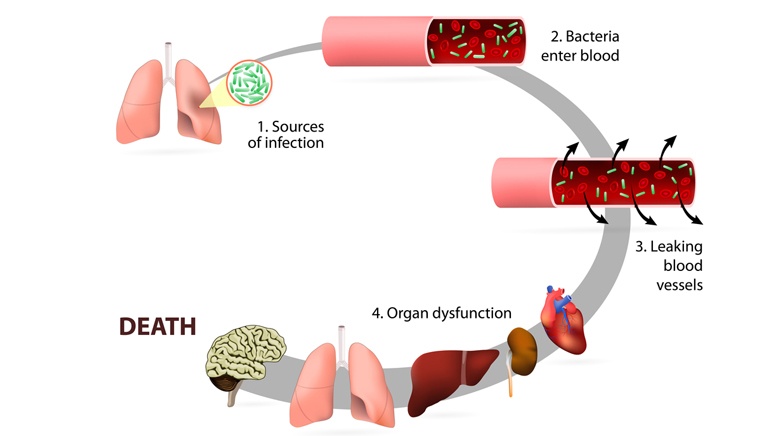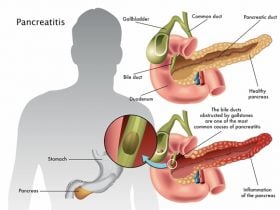Sepsis & Severe sepsis

It happens when the SIS with the infectious focus is confirmed or suspected. This is where urgency is required to protect chance of living. It is recommended that the patient be admitted to the ICU for the start of care. Performing a molecular diagnosis at this stage is very important, as it will help the medical team to know what the causative agent of the infection is. Thus, it is possible to perform a more specific treatment and prevent the patient from moving on to the next stages.
Severe sepsis is a delicate stage [5], in which the body has already shown an exaggerated response to infection, attacking even organs that were previously healthy. The patient may begin to experience organ failures such as the liver, kidneys, lung, or central nervous system. To be diagnosed with severe sepsis, one or more [6] of the following sign must be present.
-
-
Reduced urination
-
Patches and discoloration of skin [7]
-
Alterations in mental cognition
-
Reduces blood clotting
-
problems breathing
-
Heart function abnormalities
-
Chronic fatigue
-
Fall in body temperature causes chills [8]
-
Sudden Unconsciousness
-













